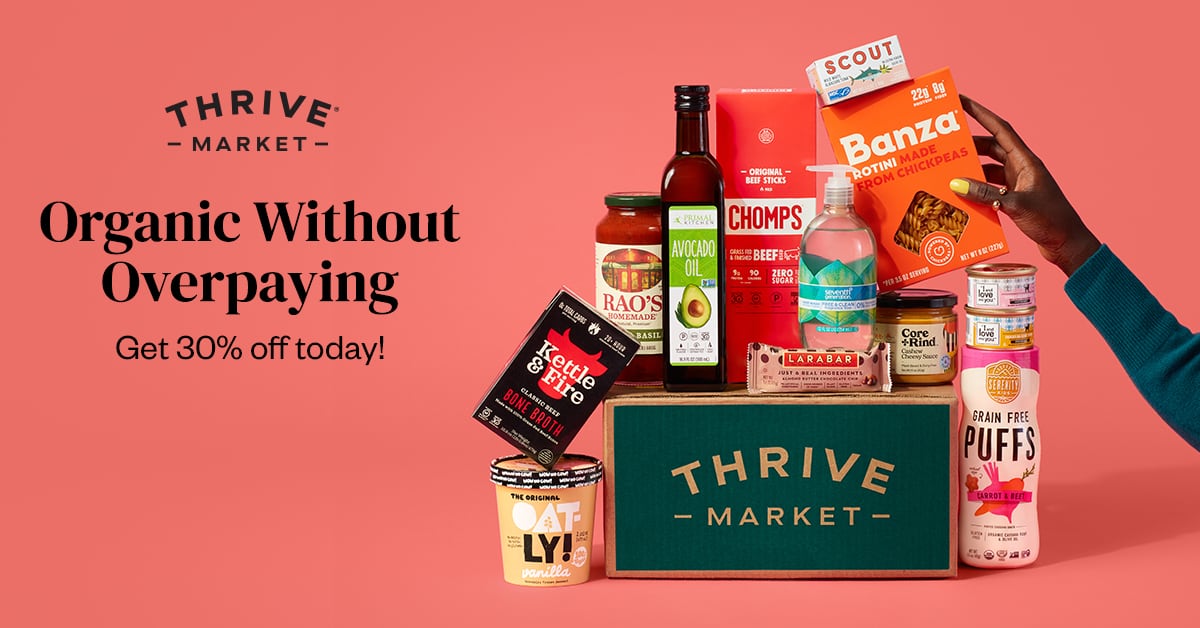Do You Wonder Why You Are Overeating?
The lure of the fridge late at night can result in even the most health-conscious person’s downfall. So why is that despite our good intentions, we demolish a block of chocolate after swearing we’d only have two pieces or head to the fridge late at night in search of that delicious and magical snack that will fix all, despite knowing we haven’t replenished the fridge in a week.
Overeating is more common than you think, often regarded as a lack of will power; the desire to eat more food than is needed to satisfy hunger or nourish your body can be driven by numerous factors.
Are You Missing Nourishment Or Looking For Flavor?
Sometimes we overeat in search of nourishment. Nourishing foods typically have a satiating effect on appetite. Over the last few years, the western diet has moved steadily towards more processed and refined foods. Processed foods tend to be lacking in fibre and of course essential to our very being, vitamins and minerals. I believe many people over consume these foods, as they provide little to no nourishment and don’t engage the satiety signal in the brain.
Or in the busyness of life, it may be a reliance on takeaway foods, which have an emphasis on flavor as opposed to nutrition and unfortunately often use ingredients, which take away from our health. It is also common to overeat in search of flavor. Pay special attention to simple ways of adding more flavor to food. Use good quality oil, fresh herbs and spices and fresh chili for a bit of spiciness if you can enjoy it.
Try This: Make and store nourishing condiments in the fridge to accompany meals
A delicious example is a quick green sauce you can spread over vegetables, salad or meat options. Blend in an avocado, some lemon juice, fresh flat leaf parsley or coriander and a dash of olive oil. Season to taste, adding lemon juice and olive oil to reach desired consistency. If snacking is your downfall, take the time to arrange a vegetable platter. Cut up your favorite vegetables and serve with a dip such as hummus, an interactive way of increasing the nourishment of your diet.
Are You Eating To Satisfy Your Soul?
'Once I start I cannot stop', is a phrase I have heard countless times. The wording gives you a clue. If you were truly eating in order to nourish your body, there would be a point you would feel comfortable and nourished. Many people eat to find what I call “soul food.” It’s actually not about the food at all, despite what they would like you to believe. Food has been used to replace a feeling in their lives. Food is reliable, consistent and you know it will taste a particular way, there are not many things in life that do that.
Eating for comfort or eating to feel lit up is common and it is just one way you may have learned to cope. To shift your focus away from eating to fill your soul, bring more of the things that truly nourish your soul into your life. Read more often, dance, sing, move, or rest whatever it is for you may be completely different for someone else. Food can never truly replace the role of soul food in your life.
Try This: Schedule activities for the times you feel most vulnerable to overeating
Engage in an evening yoga or meditation class. Or utilize what is abundant and around you, watch the sun go down or observe your partner as they sleep with their book resting on their lap, filling your heart with gratitude will help you anchor in the now.
Are You Looking For Something Sweet?
Craving sugar can have a psychological or biochemical basis. Many people don’t feel satisfied unless they have had something sweet after lunch or dinner. This may be because they were brought up having desserts or sweets after meals and so it has become routine in their psychology that after savory comes sweet. Others may have formed an emotional connection with sugar.
Are you looking for joy? Are you looking for sweetness in your life? More often than not, people crave sweet foods during periods of stress, as the production of adrenaline encourages your body to burn glucose as its fuel as opposed to fat. When you are burning glucose, you will crave it to replenish your stores. Sugar in its refined form provides no nutritional benefit to the human body, so opt for sweet choices as close to their natural state as possible.
Try this: If you want something sweet choose sweet food that supports your health.
Rather than sweet food that takes away from your health. Dark chocolate or seed and nut truffles can also be a satisfying solution, that doesn’t take away from your health.
Are You Serving Yourself Too Much?
It is no secret in the west that we serve ourselves too much. Your stomach is roughly the size of your closed fist and so this provides a good indication for portion sizes of concentrated foods such as carbohydrates and protein. The majority of your plate should be water-based vegetables. There are many ways of transitioning to smaller portion sizes and using smaller plates is a great way of making the meal appear larger than it is.
Or take a tip from Asian cultures and use chopsticks. Chopsticks will slow you down, it takes the brain approximately 30 minutes to sense there is food in the stomach and for a lot of people they do not allow this time for the feeling of satiety to set in.
Try this: Serve your meal in numerous small bowls.
Also, make the meal interactive so it is less about consuming your allocated portion sizes, many cultures eat like this especially at night to avoid overeating.
Hormones Play A Vital Role In Hunger Regulation
A typical pattern of food intake that I witness regularly is to inhale a processed breakfast cereal and race out the door to work. Your blood glucose soars and your pancreas subsequently releases a surge of insulin. If you continue to choose options that make your blood glucose soar (typically refined or processed foods), insulin will be released again and you will continue to feel hungry.
Insulin moves glucose out of the blood and into the muscles and fat cells. If insulin levels are high another hormone called Leptin should be initiated to tell your brain you’ve eaten. Leptin is produced by adipose cells (fat), and it circulates through the blood and binds to receptors in the hypothalamus, the area supposed to turn off the desire to eat. Insulin can interfere with Leptins ability to signal to the brain to stop eating.
Try this: Add plant fat to your meals for example, raw nuts, seeds, tahini, avocado and extra virgin olive oil.
Fat slows gastric emptying and the speed at which glucose is released into the blood, this is particularly important if you are prone to fluctuating blood glucose levels.
There will always be occasions where there is temptation to over-do it and sometimes that may be just what your soul needs, put a full stop at the end of the sentence and begin the next day as a completely new day. Where you can make choices that will nourish your body, but truly addressing why you consistently overeat is only going to have positive effects on your mind, body and soul.











